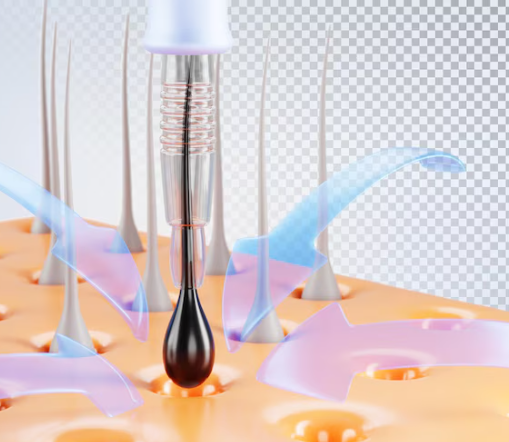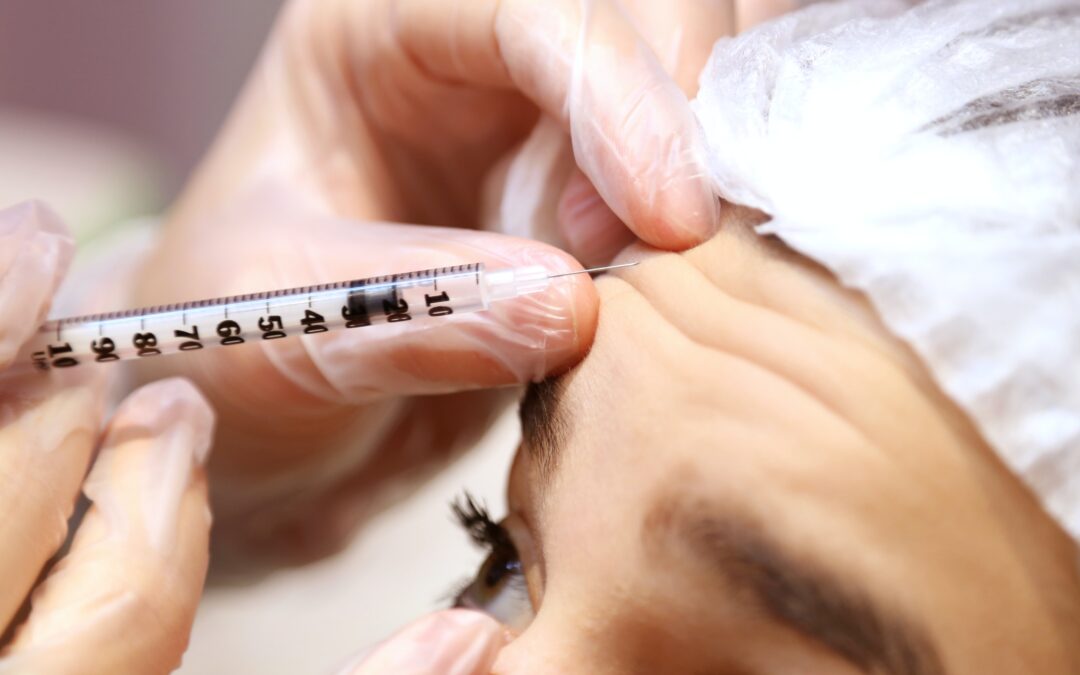Crucial Reasons for Hair Fall and Treatment Procedures

Does hair loss occur naturally? The majority of us take our hair for granted until it abruptly starts to fall out for a variety of causes, resulting in severe bald spots or hair thinning. Losing 50 to 100 hair strands per day is normal, but more than that can be problematic. At that point, you need the medical attention and receive a diagnosis and the best hair treatment. Common reasons for hair fall include genetics, hormonal changes, stress, poor diet, and certain medical conditions.
Treatment procedures may include medication, hair transplants, PRP therapy, and lifestyle changes to promote hair growth and prevent further loss.
How should I choose a physician to treat my hair loss issues?
You may need to see a dermatologist or endocrinologist for therapy because various disorders, including hypopituitarism, thyroiditis, congenital adrenal hyperplasia, and polycystic ovarian syndrome, can cause hair loss. Hereditary hair loss can be treated by a dermatologist, whereas symptoms of hair loss linked to certain endocrine problems can be diagnosed and treated by an endocrinologist.
The symptoms of hair loss can also be successfully treated by a trichologist. A trichologist is a physician who focuses on the study of hair and treats various types of alopecia, hair loss, baldness, and flaky or itchy scalps.
Since there are many different causes of hair loss, speaking with your general practitioner or family doctor should be your first course of action. To learn about your medical history and that of your family, the doctor will do a general physical examination and ask you a series of questions. The doctor is going to ask you:
- How much of your hair is thinning? What is your daily hair loss rate?
- How long have you been experiencing excessive hair loss?
- Does hair loss have a familial history?
- Describe your diet to me.
- How do you style your hair? Do you frequently style your hair with heat?
- Have you experienced any recent ailments, particularly allergies or skin rashes?
- Do you suffer from any health issues, such as arthritis or thyroid issues?
- Do you experience depression or stress?
- Do you use any medications for heart-related conditions, depression, arthritis, or thyroid issues?
The physician may then recommend that you get the following tests done based on your answers and general health:
- Blood test to find out if you have thyroid issues or any other health issues.
- The pull test involves the doctor pulling your hair to determine the average number of hairs that fall out.
- In order to determine whether you have a scalp infection of any type, the doctor will do a scalp biopsy, which involves scraping some skin plus a few hairs from your scalp.
- If you have any problems with your hair shafts, light microscopy can help diagnose them.
Among the methods used to cure hair loss are:
- Hair Transplantation
- Follicular Unit Transplantation (FUT)
- Follicular Unit Extraction (FUE)
- Platelet-Rich Plasma (PRP) Therapy
- Scalp Reduction Surgery
- Synthetic Hair Implant
A bad diet, stress, vitamin deficiencies, thyroid issues, pregnancy, chemotherapy, and aging can all cause hair loss. Taking medication, quitting certain medications, and altering your lifestyle can readily treat these diseases, which are not extremely dangerous. The hair usually regrows.
Your hair could not regrow on its own if the cause of your hair loss is genetic or medical. You may find this upsetting because hair loss might change how you look overall. In these situations, you may think about a few medical procedures that can help relieve your condition, depending on your overall health, the nature and extent of your hair loss, and the advice of your physician.



